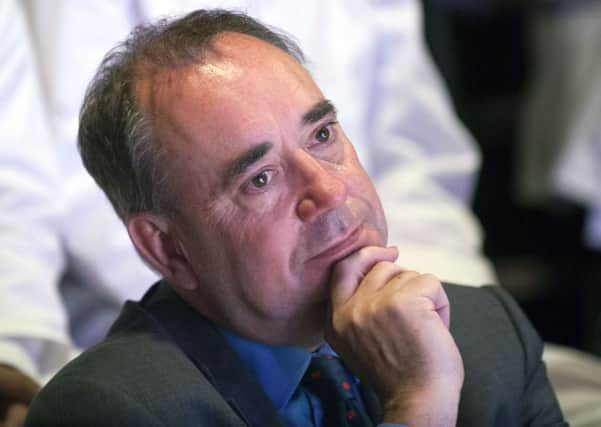Leaders: Give people a say on council pay


To most of the people who pay their taxes, these are very large sums indeed.
David Crawford, Glasgow’s executive director of social care services was, according to the Taxpayers’ Alliance, Britain’s highest-paid council employee. His total remuneration was said to be more than three times what the First Minister received. Glasgow was reported to have 32 members of staff paid more than £100,000 last year.
Advertisement
Hide AdAdvertisement
Hide AdThis, says the council, is unfair, as these pay packages have been inflated by including redundancy payments which, across its redundancy programme, will save council taxpayers £55 million a year. It protests that it now has only eight employees with six-figure incomes. Others add that securing good senior managers necessitates offering big salaries.
These claims and counter-claims are unlikely to be balanced against each other by council taxpayers, who are more likely to focus on the fact that, at a time of austerity, it is still possible for a few public workers to receive remuneration that looks more like a lotto win than a pay package.
Perhaps it is time for councils to recognise the public interest in these matters in a more concrete way than by sending out self-justifying press releases. What they pay senior officers might be more realistic and, more importantly, be seen to be so, if they had remuneration committees which included lay council taxpayers with full voting rights.